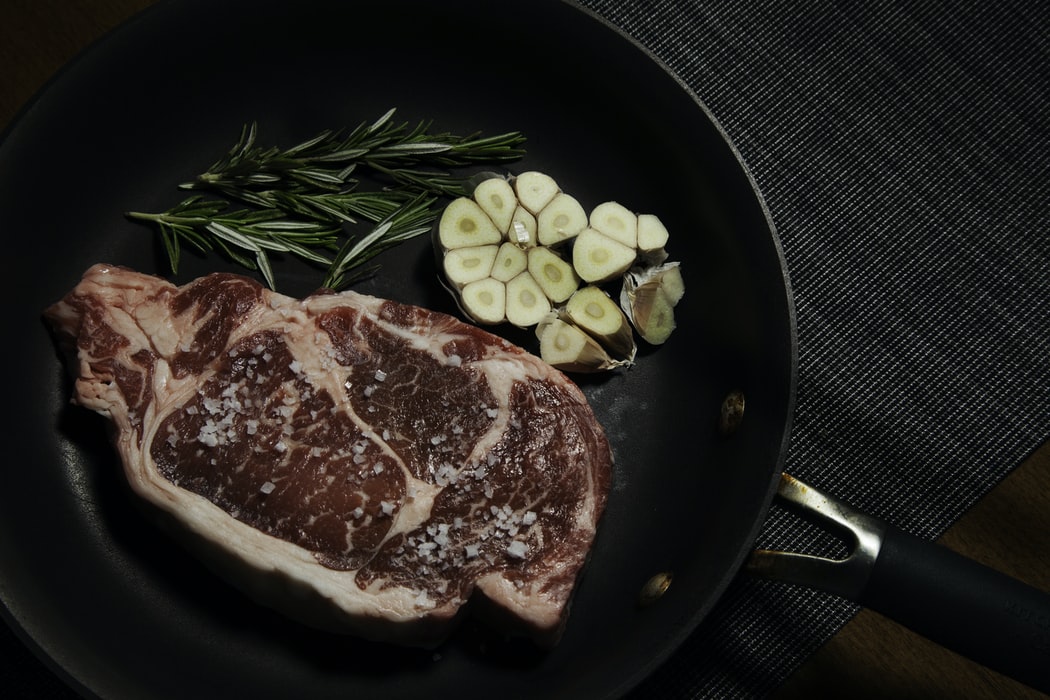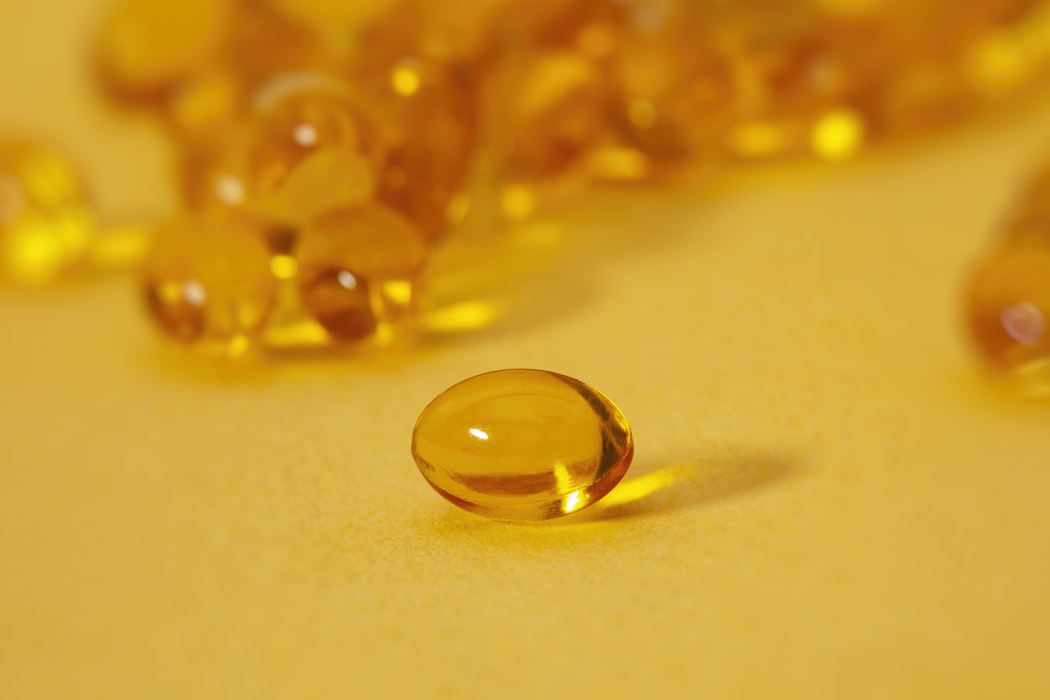5 proven dietary habits that will help prevent cancer

Have you ever wondered what’s the “worst” disease you could be diagnosed with? I have.
Having worked in the acute hospital setting for the last 6 years and witnessed the pain that patients go through, I can give you an entire list. There is no one disease I fear, there are many. Of them, cancer is probably in the top five.
Without doubt, there is basis for my fear. In 2015, cancer is the leading cause of death in Singapore, at 29.7 per cent.
When in Singapore, look around, roughly one in every four to five people around you risk getting cancer. What’s more concerning is that the incidence of cancer has been increasing year on year between 2011 and 2015.
Are there dietary habits that can help prevent cancer? Of course there are.
While choosing to lead a healthy lifestyle will not guarantee a cancer-free life, it can significantly reduce your risk of developing it.
Contrary to popular belief, it’s not all about fruits and vegetables (although it’s in there somewhere), or having to choose only bland and boring foods.
In life, it’s all about managing risks, isn’t it? If you gamble occasionally, you might make small winnings; if you do it often, you increase your risk of running up a huge debt.
It’s the same with your diet. If you enjoy “sinful” foods occasionally, you satisfy your cravings while maintaining good health, but if you always eat only “sinful” foods, your risk of developing disease increases significantly.
Essentially, all you have to do is consume a variety of foods and avoid certain ones to reduce your risk of cancer.
Today, I’ll run through five dietary habits to prevent cancer as recommended by the World Cancer Research Fund and American Institute for Cancer Research.

There is very strong evidence that consuming whole grains and foods high in fibre protects against colorectal cancer specifically.
In terms of other cancers, some evidence suggests that consuming fruits and non-starchy vegetables protect against mouth, oesophagus, lung, breast, stomach, and bladder cancers.
While Singapore’s Health Promotion Board recommends two servings of fruits and vegetables each a day, this committee is more specific.
In a day, fruit and non-starchy vegetable intake should amount to a total of at least five portions, or 400 grams in total. For cancer prevention, 30 grams of fibre should be consumed a day, from foods like wholegrains, fruits, non-starchy vegetables, and legumes.
Having enough fibre daily also helps with preventing a whole range of other chronic diseases.
Unsure of how to meet your daily fibre requirements, or lazy to do the numbers? Check out this post where I tell you exactly what and how much foods to eat to easily meet the recommendations.

Did you know that being overweight and obese increases your risk of developing cancer? That is the main reason behind this recommendation, since fat and sugar-laden processed foods increase calorie intake.
To be clear, the foods referred to above include potato chips, fries, pizza, cakes, pastries, biscuits, cookies, desserts, sweetened beverages, and the like.
Avoiding obesity is not just about appearances, or reducing risk of diabetes and heart disease anymore. Cancer can be a major consequence of it.
Obesity-related cancers include oesophageal, pancreas, gallbladder, liver, breast, ovarian, prostate, and endometrium cancers.
Avoiding aisles in the supermarket packed with fat and sugar-rich processed foods is one dietary habit to prevent cancer that can save your life.

There is very strong evidence that consumption of red meat and processed meat increases risk of colorectal cancer.
If you’re confused about what red meat refers to, it includes pork, lamb, mutton, beef, veal, goat, and horse.
As for processed meat, it includes meats that have been fermented, salted, smoked, cured, or preserved, such as chorizo, bacon, salami, ham, and frankfurters.
However, red meat is a good source of protein, iron, vitamin B12, and zinc.
If you choose to reduce your red meat consumption, remember to replace it with a mixture of other foods that provide equivalent nutrients. They include chicken, fish, eggs, legumes, nuts, seeds, and fortified cereals.
Otherwise, limit consumption of red meat to less than three portions (or 350-500 grams cooked weight in total) a week.
Meanwhile, processed meat should be avoided if possible, as the process of preservation develops carcinogens. Choose them only as occasional indulgences.
If you’re a big fan of your proteins, focus on getting the right amount at each meal to optimise muscle protein synthesis instead!

The evidence surrounding alcohol consumption and cancer development is definitely strong. It has been associated with many cancers such as mouth, oesophagus, liver, colorectum and even breast cancer.
You may have heard that red wine is good for the heart, but the evidence shows that all sorts of alcoholic beverages impact cancer risk. This includes beers, wines, and spirits.
Unfortunately, there is no threshold below which any alcohol intake prevents a rise in cancer risk. If you want to reduce your risk of developing cancer, your best bet is to avoid alcohol.
If you feel like an occasional drink, make sure you follow Health Promotion Board’s guidelines of up to two standard drinks a day for men and one for women. A standard drink is one can (330mls) of beer, half a glass (100mls) of wine, or one nip (30mls) of liquor.

Popping supplements is definitely not a dietary habit to prevent cancer.
With the desire for convenient solutions and the availability of multivitamins in the pharmacy today, this is one habit you should not pick up.
Not only has high-dose supplements been shown not to protect you from cancer, it may do more harm than good. Strong evidence has emerged that high-dose beta-carotene supplements increase risk of lung cancer in current and former smokers.
When possible, always try to obtain nutrients from food sources. Only if you’re unable to, or have higher micronutrient needs than usual, such as during pregnancy or in certain disease states, should you resort to supplements.
Do you fear being diagnosed with cancer? It’s a valid one. Just remember:
"If you want to conquer fear, don’t sit home and think about it. Go out and get busy," said Dale Carnegie.
In this case, get going and start modifying your dietary habits to prevent cancer. You know what to do!
This article was first published in Shape.